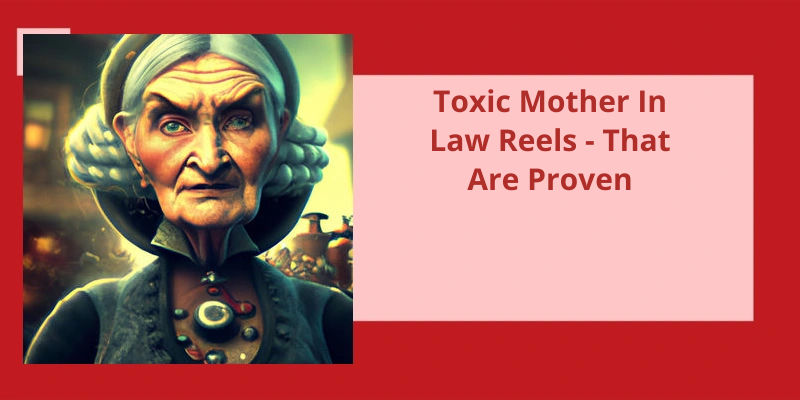Depression can also cause a senior to act more like a child, as they may become withdrawn, unresponsive, or even lose interest in their daily activities. This can be particularly distressing for family members and caregivers who’ve known the senior for many years and may see this behavior as unusual and concerning. Understanding the underlying causes of this behavior can help address the issues at hand and provide the necessary care and support for elderly loved ones who may be struggling with these challenges. As we age, it isn’t uncommon for physical and mental changes to occur, and navigating these changes can be difficult. With patience, understanding, and proper care, it’s possible to help elderly parents and loved ones navigate these challenges and maintain their dignity and independence.
What Are the Warning Signs of Aging Parents?
As our parents age, it becomes important to keep tabs on them for any warning signs that may indicate they need more support at home. The following seven signs may be indicators that your elderly parents need more help than they’re currently receiving. Firstly, changes in the home environment may suggest that your parent is having trouble with daily activities. If their home is in disarray, messier or more cluttered than normal, it may be an indication that they’re struggling to keep up with household chores.
Weight loss or gain can also be a concern, especially if it’s significant and occurs rapidly. Losing weight could indicate that they’re having trouble preparing meals or aren’t eating enough, while gaining weight could be a result of lack of physical activity. Medication misuse is another warning sign. If your parent is unable to follow their medication regimen, it could be a cause for concern.
Unpaid bills can also be an indicator of a decline in cognitive function or organization. If your parent is behind on bills or is unable to manage finances, it may be a sign that they need help with financial management. Changes in mood can also be an indication that your parent is struggling emotionally or mentally. If they seem more irritable or withdrawn, or suffer from sudden mood swings, it may warrant further investigation.
Physical frailty is another warning sign. If your parent is experiencing difficulty with mobility, balance, or is at risk of falling, it may be time to consider home support services. Finally, possible abuse can be a concern, particularly if your parent is reluctant to discuss their living situation or caregivers. If you suspect that your parent is being mistreated, it’s important to investigate and ensure their safety.
If you’re concerned about the well-being of an elderly parent, it’s important to take steps to ensure they’re getting the care they need. One option is to contact your local Area Agency on Aging, which can provide valuable resources and assistance in evaluating your parent’s needs. By taking action early, you can help ensure your loved one receives the support they need to stay healthy and comfortable in their golden years.
How Do I Get My Elderly Parent Evaluated?
As your parents age, they may begin to experience changes in their physical, mental, and emotional health. Some common issues that elderly parents may face include memory loss, difficulty with mobility, and issues with daily activities such as bathing or cooking. If you’re concerned about your parents health and wellbeing, it may be time to have them evaluated by a professional.
The first step in getting your elderly parent evaluated is to talk to them about your concerns. Some elderly parents may be resistant to the idea of a professional evaluation, so it’s important to approach the conversation with care and compassion. Let your parent know that you care about them and want to make sure that they’ve the support they need to live a happy and healthy life.
Another option is to reach out to your local Area Agency on Aging. Some agencies can connect you with other resources or arrange for a needs assessment for your aging parent, which provides a third-party, expert evaluation of your parents needs. This assessment can help you and your parent better understand their health status and identify any potential areas of concern.
When it comes to selecting a professional to evaluate your elderly parent, it’s important to choose someone who’s licensed and experienced in working with elderly patients. Look for providers who’ve a background in geriatrics or aging-related care, and make sure that they’ve the necessary qualifications and certifications to provide the services your parent needs.
In addition to finding a professional to evaluate your parent, it’s also important to plan for their ongoing care and support. Depending on their needs, your parent may benefit from services such as home health care, assisted living, or adult day care. Be sure to explore all of the available options and work with your parent to find a solution that meets their needs and preferences.
By working with a professional to assess their needs and plan for their ongoing care, you can help your parent live a happy and healthy life in their golden years.
Source: How to Know if Your Elderly Parents Need Help – Seniorlink
Conclusion
Depression, which is often undiagnosed and untreated in seniors, can also lead to regression and child-like behavior. As caregivers, it’s important to approach and handle these situations with empathy and patience. Providing comfort, reassurance, and engaging in activities that seniors enjoy can help ease their anxiety and allow for a sense of control. Additionally, seeking medical attention, medication management, and therapy can also aid in addressing underlying mental health issues. By understanding the root causes and addressing them in a compassionate manner, we can help our elderly loved ones navigate this challenging phase of life with dignity and respect.






